"Once trench warfare set in everyone was bound to the wheel; and when the High Command gave it a turn, Army, Corps and divisional commanders turned with it." WW1 History PhD student, Canberra, Australia.
Last active 60 minutes ago
Don't wanna be here? Send us removal request.
Text
kegels checkpoint soldiers. clench and give me 20
82 notes
·
View notes
Text
Anzac Day feels like an appropriate time to mention that I'm starting a new job next week. I'm now an historian with the Department of Veterans Affairs.
No idea what I'll actually be working on yet but I'm looking forward to finding out.
31 notes
·
View notes
Text
anzac day soon fellow stalker
154 notes
·
View notes
Text

The other stuff
Fighting for my fucking life this morning between allergies and other stuff
52 notes
·
View notes
Text
Have to make space for all the Chinese literature studies I'd guess. Military academies like their students to study their uh rivals.
They're throwing out books again at the uni library.

111 notes
·
View notes
Text
Making sure Australia is prepared for the future

They're throwing out books again at the uni library.

111 notes
·
View notes
Text
It got slightly out of hand

They're throwing out books again at the uni library.

111 notes
·
View notes
Text
Unfortunately I don't think the military campaigns of Horus were on the Chief of Defence's recommended reading list
They're throwing out books again at the uni library.

111 notes
·
View notes
Text
Mostly economics and business shit, and a weirdly large amount of Russian literature and poetry. But there is some good history in here

They're throwing out books again at the uni library.

111 notes
·
View notes
Text
They're throwing out books again at the uni library.

111 notes
·
View notes
Photo
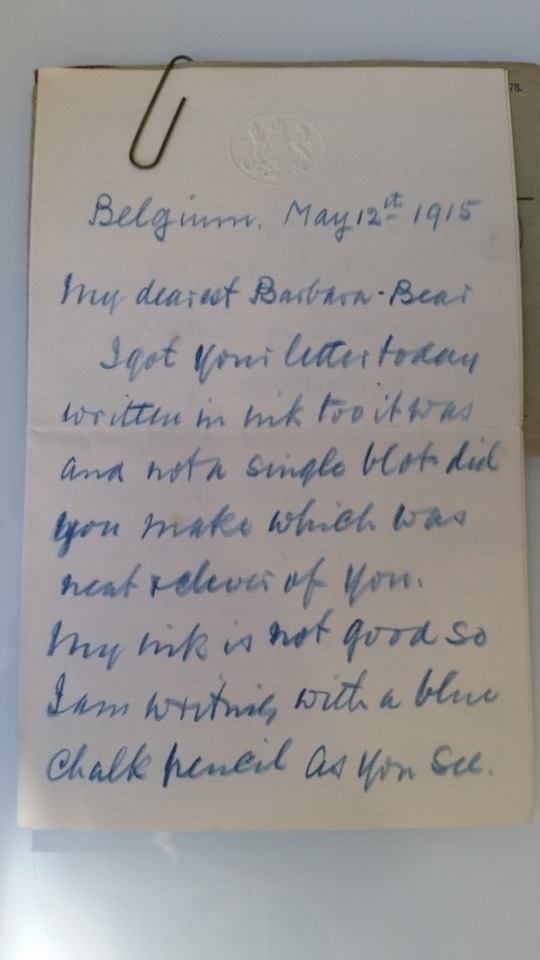
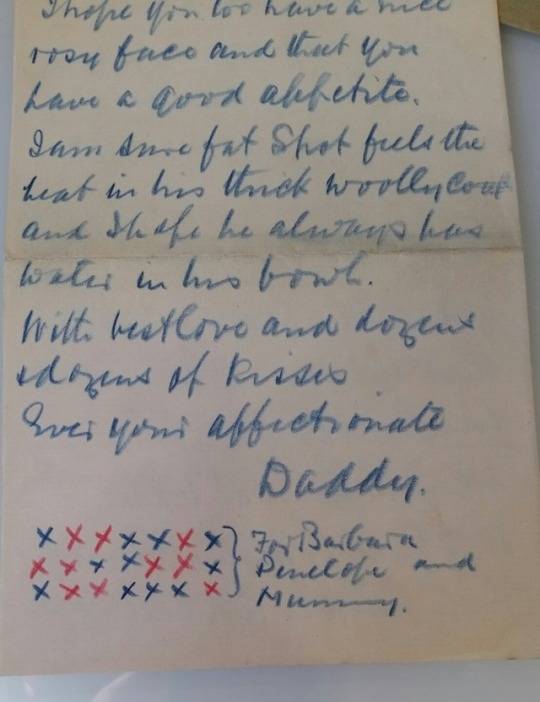

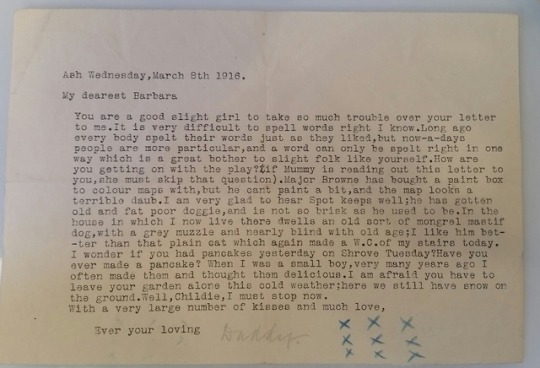
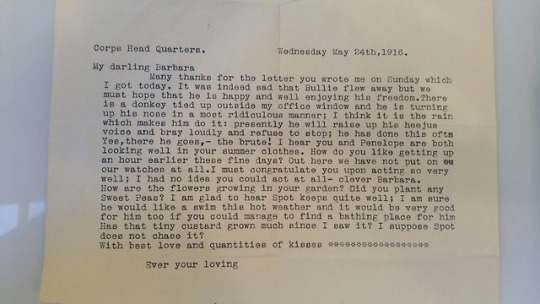

Letters from Major General W T Swan to his daughter Barbara and a picture sent to him on her 11th birthday in 1918. My favourite parts are the donkey outside his headquarters and the cat pissing on the stairs.
I don’t care if it’s sappy. This kind of stuff is really lovely to see and wonderfully humanises these people. They loved their children and told them silly stories and talked about pets just as much as we do. And viewing them as prim and proper, uptight robots does them and us a disservice.
153 notes
·
View notes
Text
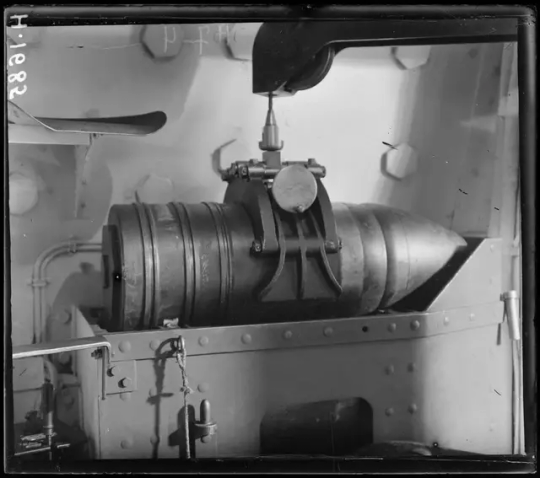
A 340 mm APC shell being loaded onto a hoist aboard the French battleship Bretagne, February 1916
91 notes
·
View notes
Photo
I thought I saw a little rising sun badge on his collar there, which means he's Australian. This of course piqued my interest and after poking around a little bit, what a classic Type of Guy our Signaller Skeyhill was.

His story was that he was blinded whilst fighting at Gallipoli, when a shell exploded in front of him. But it turned out this soldier-poet was an extremely charming man and a very charismatic speaker. He went on speaking tours of Australia and Canada before hitting it "big" in the US. The 'lectures' he gave were really more of a one man show, mixing war stories, poetry and humorous anecdotes with more political speeches. And at this he was very good and he spent the next few years touring his act.

Here he met an osteopath who relieved "the pressure of certain bones in the back of the neck", restoring Skeyhill's eyesight. After the "return" of his eyesight he returned to writing, putting out more poetry and some relatively well received plays. He also went on to ghostwrite Sergeant Alvin York's autobiography, which was made into the movie Sergeant York, the highest grossing film of 1941.
But, it should come as no great surprise that he was full of shit. He almost certainly wasn't blinded, and exaggerated the extent of his injuries to get himself evacuated from Gallipoli. The stories he told on his speaking tours were also largely fabricated, and there's even doubt about the authorship of at least one of his poems. Not that it seems to matter, as he's remembered mostly for his dope "smoked glass" shades and raising the equivalent to $2 billion dollars for the US government during the war.


#not what i expected when i saw him listed as an 'australian soldier-poet'#but it does feel like a perfectly australian story#ww1#history#australian army
7K notes
·
View notes
Photo

Bruce Bairnsfather in The Bystander, England, December 4, 1918 Image © The British Library Board. All Rights Reserved.
2K notes
·
View notes
Text

writing about the armenian genocide
21 notes
·
View notes